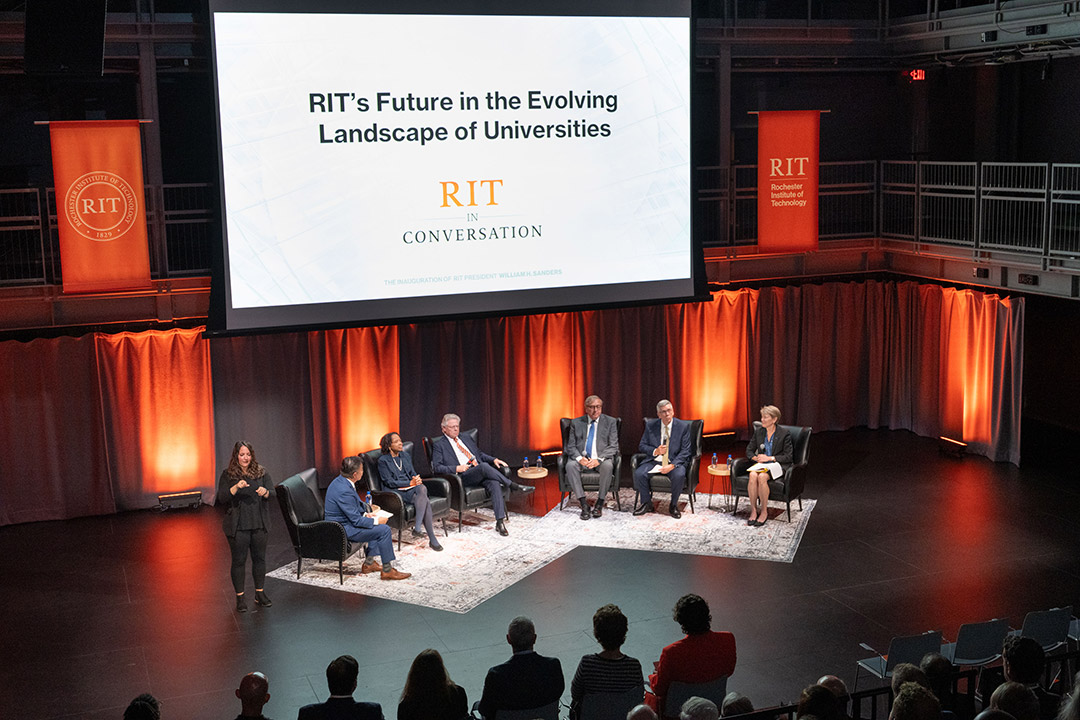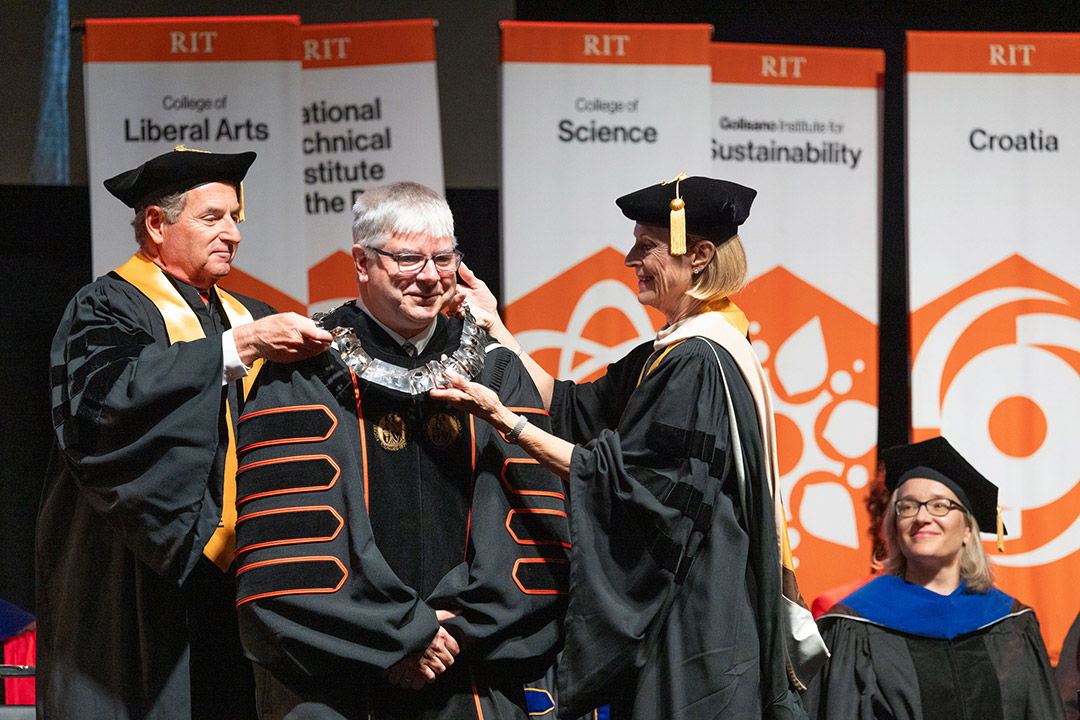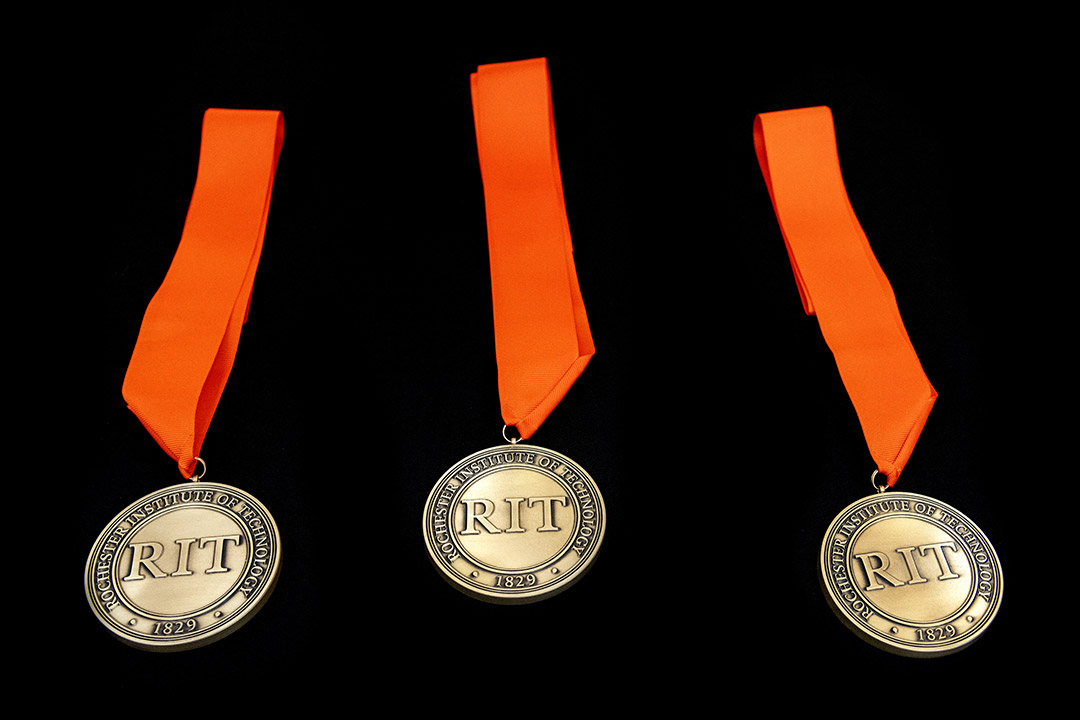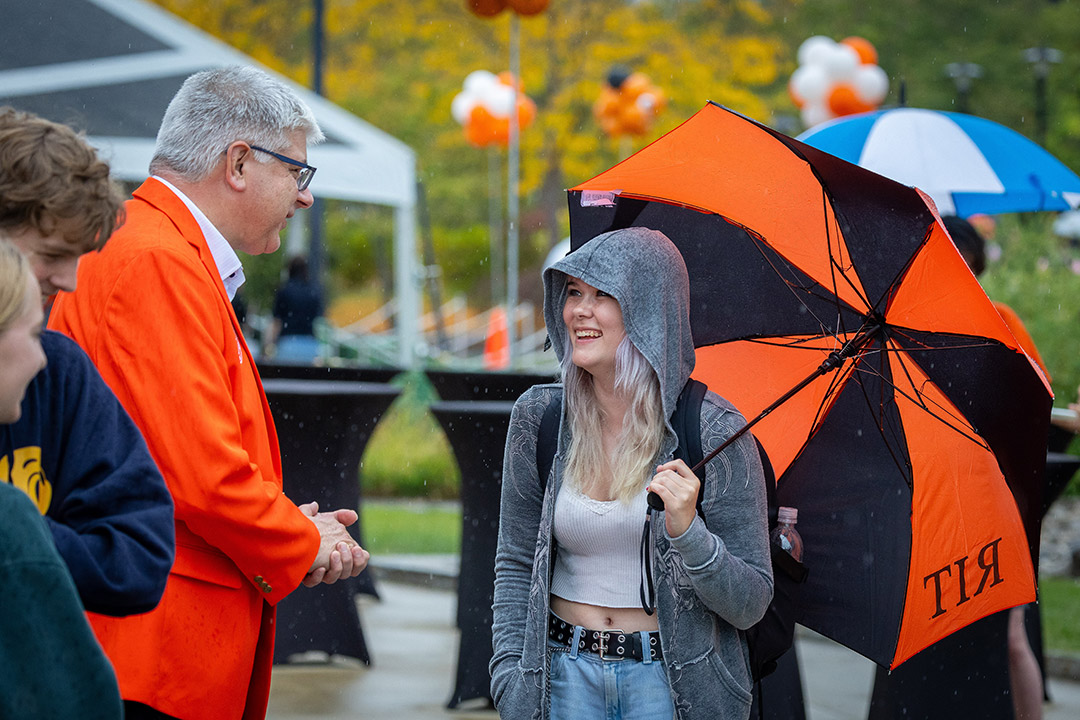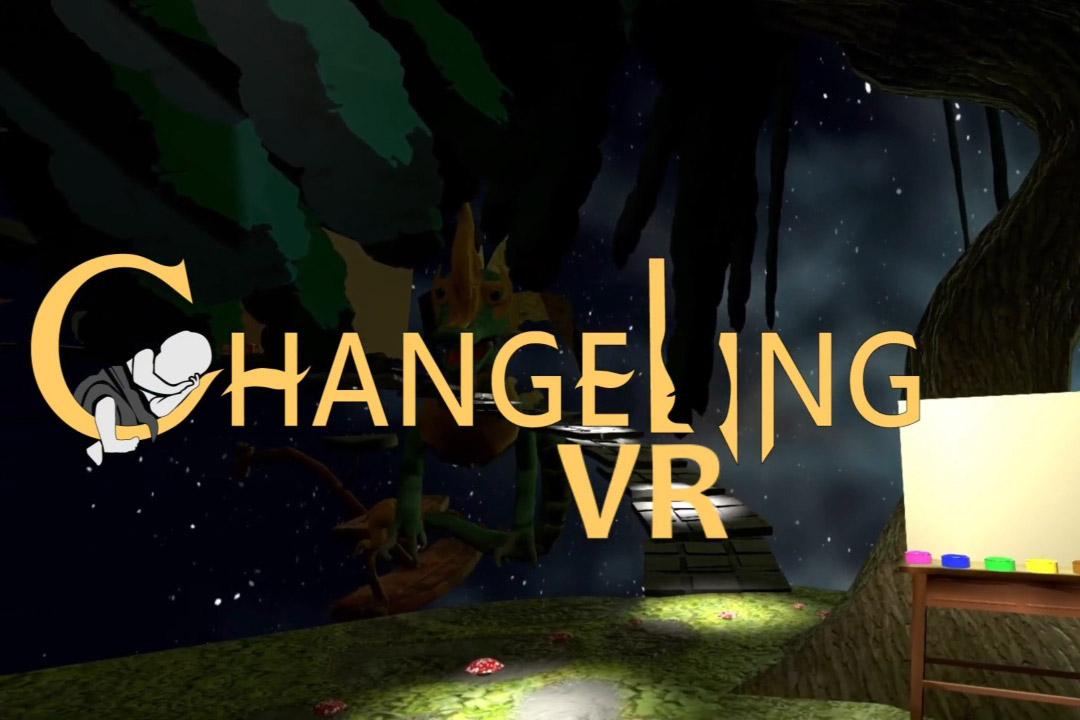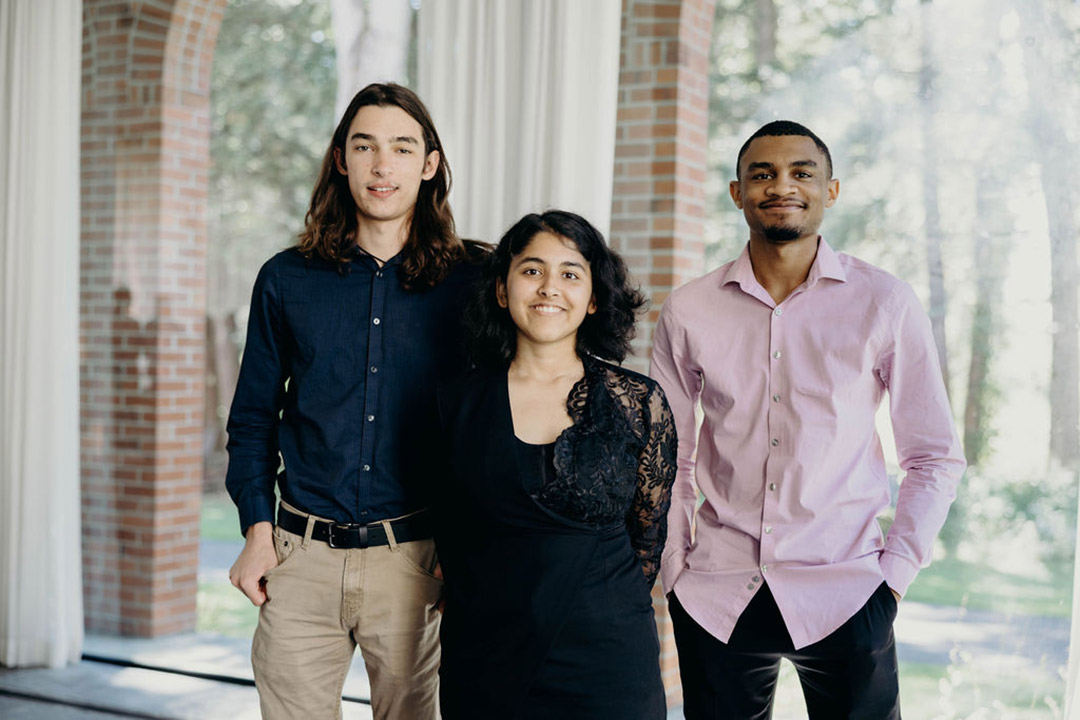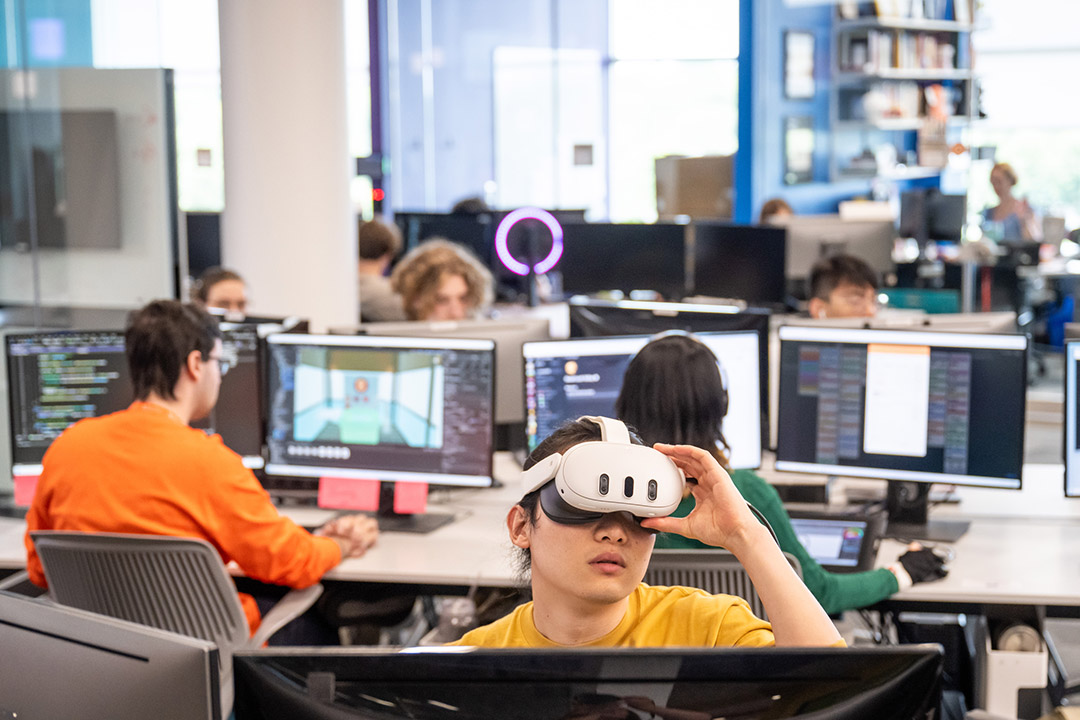Panel discussion event celebrates the next chapter of higher education and RIT
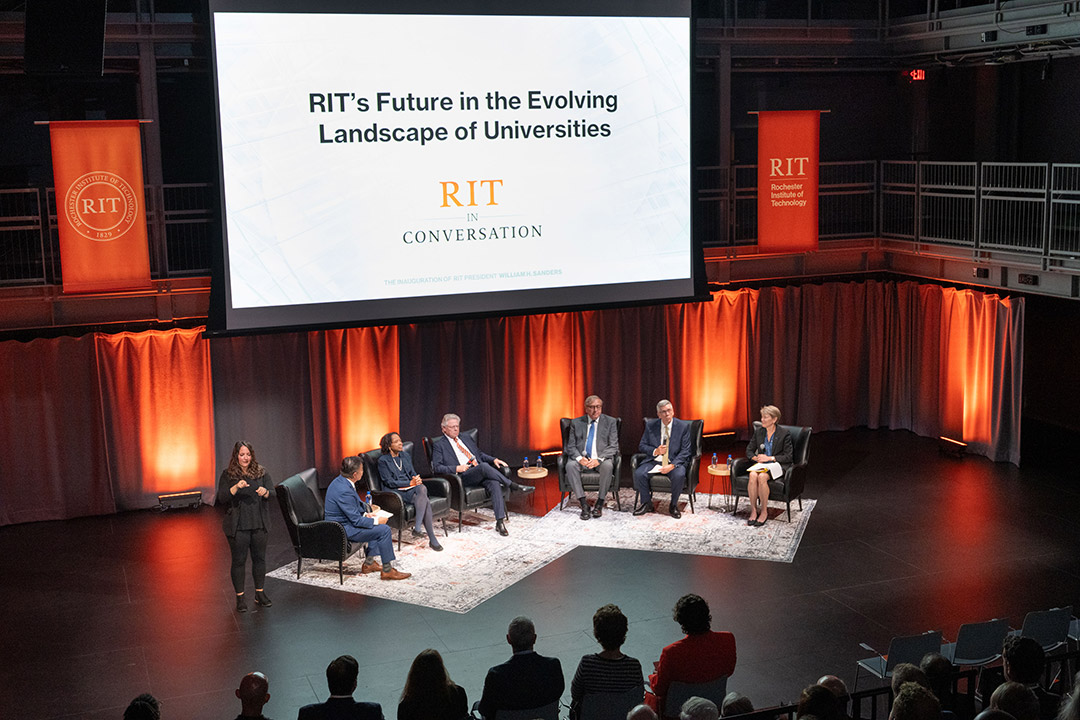
Elizabeth Lamark
From left, panel moderator Sin Min Yap led a discussion of university leaders including Gilda Barabino, Andreas Cangellaris, W. Kent Fuchs, James Garrett, and Sarah Mangelsdorf on the evolving landscape of academia, as part of the inauguration of Bill Sanders.
University presidents and leaders from across academia gathered in Rochester to discuss the rapidly shifting landscape of higher education. The distinguished experts noted how universities at the center of this change—including RIT—can use headwinds as opportunities to propel forward.
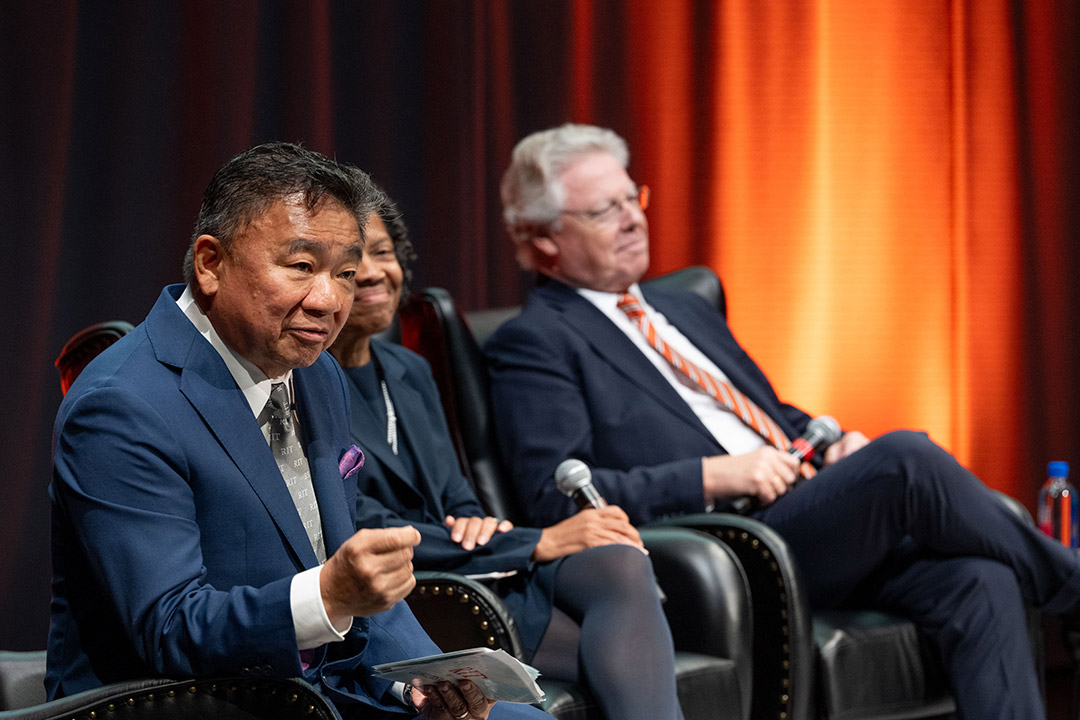
Elizabeth Lamark
Sin Min Yap, left, vice president of strategy for Synopsys, Inc., moderated the panel on the future of higher education.
The event, called RIT in Conversation, was part of the inauguration of RIT’s 11th president, Bill Sanders, on Sept. 26.
The program featured a panel where academic leaders shared their thoughts on some of the most important questions facing higher education today. The panel included:
- Sin Min Yap, vice president of strategy for Synopsys, Inc., as the panel moderator
- Gilda Barabino, former president of Olin College of Engineering
- Andreas Cangellaris, founding president of NEOM University
- W. Kent Fuchs, president emeritus of University of Florida
- James Garrett, provost and chief academic officer at Carnegie Mellon University
- Sarah Mangelsdorf, president of University of Rochester.
Cangellaris discussed how universities must balance preparing students for jobs that don’t yet exist with the traditional mission of preparing students for careers in established professions.
“Universities should continue to be engines of knowledge creation,” said Yap. “At the same time, universities can use that knowledge to create a positive impact in society, preparing students to be leaders in professions that are evolving rapidly or have yet to be created.”
Garrett addressed the value of a university education. He said that it’s about preparing young people to be productive contributors of society, with a global and interdisciplinary mindset. He also remarked that universities teach how important it is to continue to learn how to learn.
“This is something I tell my students,” added Yap. “The mind is like a parachute—it only works when it’s open.”
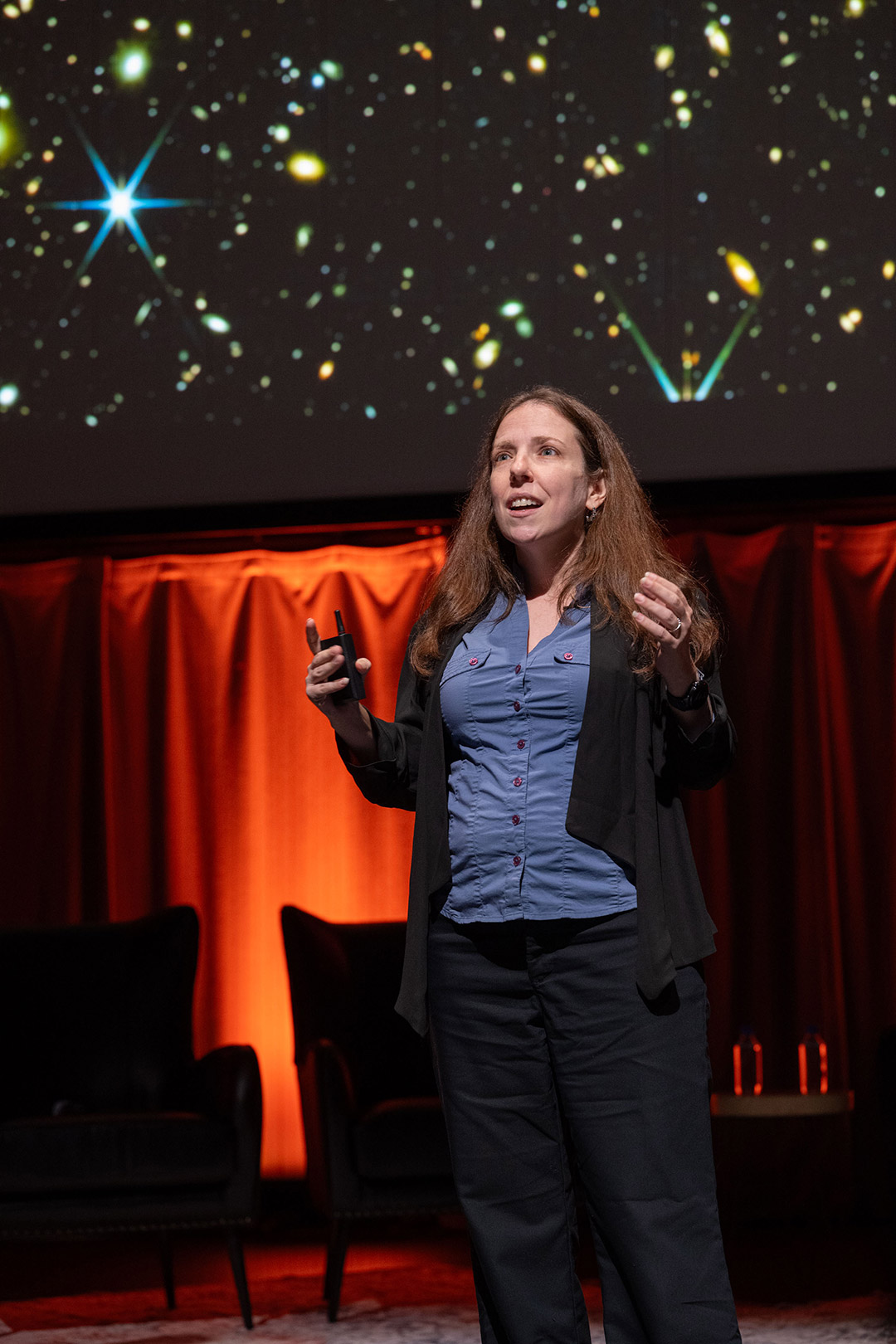
Elizabeth Lamark
Jeyhan Kartaltepe, associate professor in RIT’s School of Physics and Astronomy, explained her research with the James Webb Space Telescope at the inauguration event.
When discussing the Rochester region’s 19 colleges and universities, Mangelsdorf remarked how higher education has taken on the mantle as an innovation and employment driver in the area. She also highlighted RIT and University of Rochester’s many collaborations and partnerships, including joining New York state’s Empire AI consortium—a partnership of leading public and private universities to advance responsible artificial intelligence—and the development of the Rochester Quantum Network, where researchers are using single photons over fiber-optic lines.
In closing, the panel offered advice to RIT’s leadership about its future role in higher education. Barabino advised Sanders to value every member of RIT’s community and stay true to the university’s values. On a personal note, Fuchs wished great joy to the new president and his family.
The program also featured five RIT professors who are pushing research and inspiring students. Faculty members included:
- Denis Cormier, the Earl W. Brinkman Professor of Industrial and Systems Engineering and founder and director of the New York state-supported Additive Manufacturing and Multifunctional Printing (AMPrint) Center. He discussed a few projects that excite him the most, including 3D printing drones and developing a high-speed metal inkjet 3D printing process.
- Jeyhan Kartaltepe, an astrophysicist in the School of Physics and Astronomy. She talked about studying the history of the universe and leading the largest program accepted for the first two years of observations with the James Webb Space Telescope.
- Ashique KhudaBukhsh, assistant professor in the Department of Software Engineering and affiliate of the ESL Global Cybersecurity Institute. He discussed using artificial intelligence for social impact and how his research is helping strengthen the safety guardrails of large language models.
- Josh Owen, the Vignelli Distinguished Professor of Design and director of the Vignelli Center for Design Studies. He shared how keeping a foothold in the educational and professional sectors is important for preparing students who can tackle real-world problems.
- Thomastine Sarchet-Maher, assistant professor in the Department of Deaf Education at the National Technical Institute for the Deaf. She spoke about her experience leading deaf education development projects in Southeast Asia and Africa.



